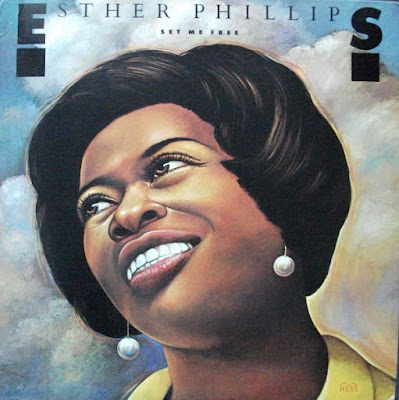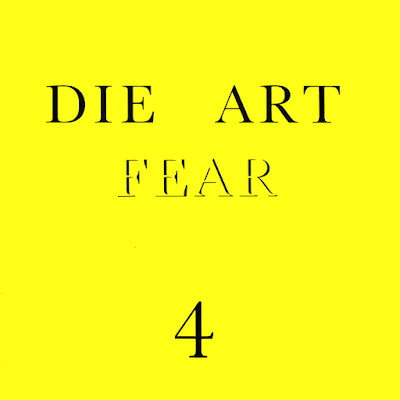50 years ago, the Carnation Revolution ended Portugal's dictatorship in one night.
José "Zeca" Afonso continues as one of the most beloved Portuguese singers, decades after his death in 1987. During his long career, Zeca's music was the poetic expression of his revolutionary politics. Beginning his career as a fado singer, his music benefited from years living in both Angola and Mozambique, both Portuguese colonies at the time. Zeca's politics, already forged by involvement in both student and workers movements in Portugal, evolved with his observations of brutal colonial rule in Mozambique, as well as the incipient armed rebellion led by FRELIMO.
"Cantigas do Maio" is considered Zeca's best record, and it arguably is his most important. The B-side begins with "Grândola, Vila Morena," the song that became the anthem of the revolutionary movement to overthrow the fascist, Salizarian dictatorship that had ruled Portugal for decades. It also was used in April 1974 to coordinate the revolutionary military forces that overthrew the fascist government, in a practically bloodless coup popularly known as the Carnation Revolution: the song was broadcast on the national radio to signal the beginning of action.
While "Grândola, Vila Morena" is iconic, all of the songs on this album are powerful and memorable. Zeca's unique voice was perfectly suited for his activist role. It's a voice desperately needed now, in every language, to contend with pan-global repressive forces. Enjoy! Then act!
- With thanks to
Rhythm Connection - hope you will re-start your wonderful blog one day!
This album is a masterpiece mixing both traditional portuguese music and vast branches of influences brought in by the exquisite composer Jose Afonso, also a gifted singer in most of the songs.
This collections of songs is awesome and contains an incredibly beautiful content of both happiness and sorrow.
Even if you don't understand the words you will be certainly be captivated by the intimacy of the approach.
Cantigas do Maio is a popular chorus based song, with guitar and accordion. In the chorus ("Minha mãe, quando eu morrer (x2) ai chore por quem muito amargou (x2) para então dizer ao mundo (2x) ai Deus mo deu, ai Deus mo levou (x3)"), Zé Mário plays an accordion that gives me shakings. Don't know why...
Milho Verde, popular Minho song, was, deliberately, aidded by the adufe sound (a traditional instrument, squared, common in Beira Baixa).This song was recorded by Gal Costa in 1973.
Cantar Alentejano is an hommage to Catarina Eufémia, countrywoman killed by GNR (Republican National Guard), in the fifties. ("Quem viu morrer Catarina / Who saw Catarina dying, Não perdoa a quem matou / doesn't forgive who killed her. (...) Aquela andorinha negra bate as asas pra voar (x2) That black bird shakes his wings to fly (x2) / Ó Alentejo esquecido ainda um dia hás-de cantar (x2) Oh forgotten Alentejo, one day you'll sing"). And this is only the best example of the perfection and beauty that Zeca's voice could reach.
Grândola, Vila Morena is, more than a political song, a symbolic song. It talks about the fraternity of Grandola's inhabitants, that Zeca knew when he visted that Alentejo land. To this, José Mário Branco made something unique, although well conjugated (or we found it normal, now): sound of steps, many people walking. As said, symbolic. And a powerful choir where we can hear the voices of José Mário Branco itself, Zeca's and Francisco Fanhais's. This way we understand why it was chosen to be the key to the Carnation Revolution.
Maio Maduro Maio is, to me, the beautifulest on this record. So soft, so calm. So perfect. Only listened. I cant's say other way. On this reissue booklet it's said: "Not all was easy, because, to Zeca, some of the splendid solutions found by Zé Mário didn't convince him immediately. So that, one time -as Zé Mário remembers - he had to say: "In this song you (Zeca) will let me do my way. And in ten years we talk, ok?". This quote is a mention to the metalic air instruments used on a part of this song. The truth is, some years passed on, Zeca said to Zé Mário: "You were right".
Mulher da Erva has a bass based arrangement, insisting, and on an Hammond, in semicirculars lines, while José Afonso sings in a funny way.
Coro da Primavera, is an universal song, of hope and victory. This is THE example of a marriage between text and music, evidencing the richness a song can be made of. Here's its lyric, with some explanations of how it goes, for you to see where what I mean: it starts with a percussion, then the bass enters, and then a flute.
On his book "As Voltas de Um Andarilho", Viriato Teles writes "The most historical and refferencial of all the Portuguese popular music records. (...) This album marks the first real turning point on a musical revolution that Zeca started 12 years before". A classic must.
Tracklist:
A1 Senhor Arcanjo
A2 Cantigas Do Maio
A3 Milho Verde
A4 Cantar Alentejano
B1 Grândola, Vila Morena
B2 Maio Maduro Maio
B3 Mulher Da Erva
B4 Ronda Das Mafarricas
B5 Coro Da Primavera
(320 kbps, cover art included)





















